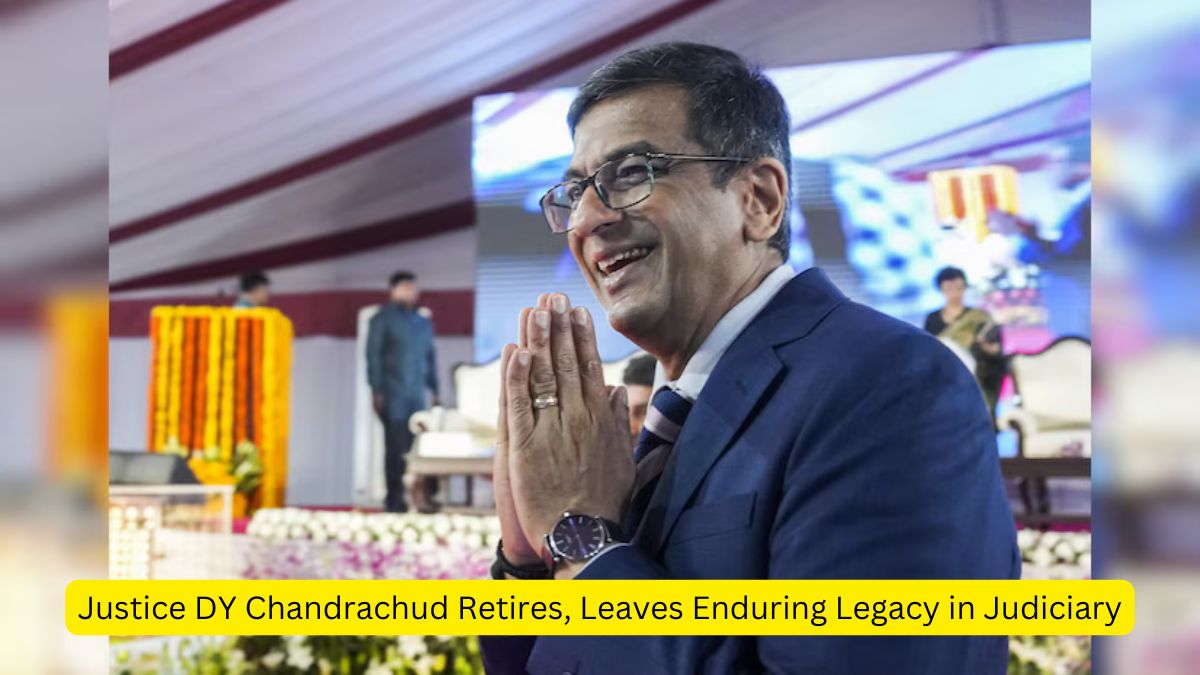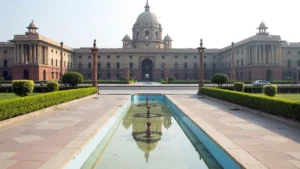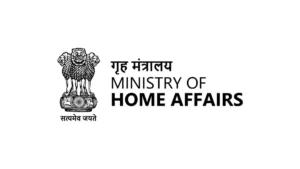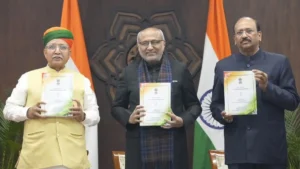Chief Justice D.Y. Chandrachud concluded his tenure as the 50th Chief Justice of India on Sunday, after two years marked by groundbreaking rulings and significant reforms. His leadership has left a lasting impact on the Indian judiciary, shaping its future with transformative decisions and a focus on judicial independence, transparency, and accessibility.
Justice D.Y. Chandrachud’s Legacy as 50th Chief Justice of India
Tenure and Legacy
- Justice D.Y. Chandrachud retired as the 50th Chief Justice of India after a transformative two-year tenure.
- Known for landmark rulings and judicial reforms that shaped Indian society and legal history.
- Served as a judge in the Supreme Court for 8 years, participating in 38 constitution benches.
Key Judgements
- Ayodhya Land Dispute: Author of the 2019 Ram Janmabhoomi-Babri Masjid verdict, resolving a century-old dispute.
- Abrogation of Article 370: Unanimous verdict in 2019 supporting the revocation of Article 370, ending Jammu and Kashmir’s special status.
- Decriminalization of Gay Sex: Contributed to striking down Section 377 of the IPC, decriminalizing consensual same-sex relations.
- Right to Privacy: Part of a nine-judge bench that declared privacy as a fundamental right under Article 21.
- Living Will: Key part of the landmark judgment recognizing the right to passive euthanasia for terminally ill patients.
- Medical Termination of Pregnancy: Expanded the scope of the MTP Act, allowing unmarried women and transgender individuals to access abortion between 20-24 weeks of pregnancy.
Administrative Reforms
- Introduced a Supreme Court accessibility audit to ensure the courts are accessible to the common man and are disabled-friendly.
- Led digitization of court records and processes under the e-Courts project.
Controversial Moments
- In his final days, stirred controversy with a public statement about praying for a solution to the Ayodhya dispute, drawing mixed reactions.
- Summer Vacation: Rechristened the summer vacation period as “partial court working days,” which drew criticism for long judicial breaks.
Cultural Influence
- Introduced a reimagined ‘Lady Justice’ statue, replacing the traditional Grecian image with a six-foot-tall figure holding scales and the Constitution, symbolizing justice in modern India.
Academic and Professional Background
- Educated at Delhi’s St Stephen’s College, Campus Law Centre, Harvard Law School (LLM and Doctorate).
- Judge of the Bombay High Court (2000), Chief Justice of Allahabad High Court (2013), before being elevated to the Supreme Court in 2016.
Family Legacy
- Justice Chandrachud followed in the footsteps of his father, Y.V. Chandrachud, who served as India’s longest-tenured CJI from 1978-1985.
- Both father and son are the only father-son pair to serve as Chief Justices of India.
Personal Interests
- Known for his love of cricket, he was reportedly an enthusiastic player in his younger days.
Impact on Indian Judiciary
- Justice D.Y. Chandrachud’s legacy is defined by his transformative rulings, judicial reforms, and expansion of fundamental rights, particularly in areas concerning individual privacy, rights of marginalized communities, and judicial accessibility.
- His leadership has profoundly impacted the Indian judicial system, making it more inclusive, transparent, and digitally advanced, with a commitment to justice for all.
| Summary/Static | Details |
| Why in the news? | Justice D Y Chandrachud on Sunday concluded his tenure as the 50th Chief Justice of India |
| Tenure | Concluded as 50th Chief Justice of India after 2 years (Nov 2022 – Nov 2024) |
| Key Judgements | – Ayodhya Land Dispute (2019): Settled a century-old issue.
– Abrogation of Article 370 (2019): Revoked Jammu & Kashmir’s special status. – Decriminalization of Gay Sex: Struck down Section 377 of IPC. – Right to Privacy: Declared privacy a fundamental right. – Living Will: Recognized passive euthanasia. – Medical Termination of Pregnancy (MTP Act): Expanded abortion rights. |
| Administrative Reforms | – Accessibility Audit: Made the Supreme Court more accessible and disabled-friendly.
– e-Courts Project: Led digitization of court records and processes. |
| Cultural Influence | Introduced reimagined Lady Justice statue symbolizing modern justice with Constitution in hand. |
| Background | – Education: St. Stephen’s College, Campus Law Centre, Harvard Law School.
– Judicial Career: Bombay HC (2000), Allahabad HC (2013), SC (2016). |
| Family Legacy | Followed by father Y.V. Chandrachud, longest-serving CJI (1978-1985), as the only father-son duo to serve as CJI |




 Big Change at Rashtrapati Bhavan! Lutyen...
Big Change at Rashtrapati Bhavan! Lutyen...
 India Launches ‘Prahaar’: New National C...
India Launches ‘Prahaar’: New National C...
 Vice-President Launches Tamil & Guja...
Vice-President Launches Tamil & Guja...








